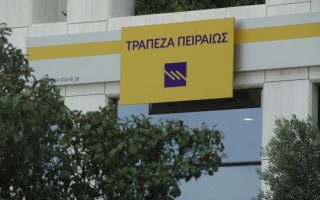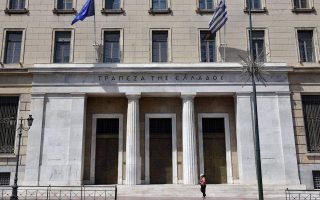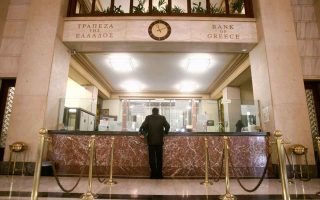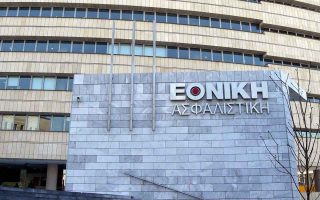Greek banks aim for soft landing as payment holidays come to an end

Greek banks are making plans to ease borrowers back to normal debt servicing schedules once repayment holidays introduced during the coronavirus crisis come to an end so they can avoid a sudden shock that could prompt a wave of defaults.
Banks in Greece deferred repayments on about 30 billion euros ($36.26 billion) worth of loans last year to help 400,000 borrowers – individuals and businesses – cope with the financial fallout from the Covid-19 pandemic, the country’s bank association has said.
But under European Banking Authority rules, deferral periods cannot exceed nine months, which means time is running out and borrowers must soon resume normal payments.
There are concerns that a sudden return to normal repayments by borrowers weakened by coronavirus lockdowns could add to the banks’ already high levels of impaired loans. As a result, the banks are looking at a variety of “step-up” repayment plans.
“It is necessary to have such step-up payment plans to avoid cliff effects,” Bank of Greece Governor Yannis Stournaras told Reuters. “But banks need to take proper provisions.”
The Bank of Greece has estimated that banks are likely to be facing 8.0-10.0 billion euros of new impaired loans as a result of the pandemic.
The amount of loans under payment deferrals, about 17.4% of Greece’s projected GDP for this year, underlines the seriousness of the issue.
Credit ratings agency Standard & Poors said it is “a complex but manageable predicament” for the banks.
Ratings agency Fitch said last week the problem would be eased by progress the main Greek banks had made in lowering their balance sheet risk through securitisations via the Hercules Asset Protection Scheme (HAPS).
Step up approach
To facilitate a soft landing, Piraeus Bank is offering borrowers whose loan deferrals have come to an end a period of 18 months to return to normal servicing by gradually increasing payments.
Under the plan, these loans can remain performing with borrowers paying only half of the normal installment on their loan this year and 75% during next year’s first half. The loan’s duration is stretched as a result.
In this way Piraeus borrowers will return to normal payments in the second half of 2022. Eurobank and Alpha Bank are not opting for such a horizontal approach but also accommodate borrowers on a case-by-case basis.
“We facilitate borrowers whose deferral period has ended on a one-by-one basis and offer easier repayments if necessary,” Eurobank’s head of retail Iakovos Giannaklis said. “A good portion have resumed normal payments though.”
Likewise, Alpha Bank deals with each borrower facing payment difficulties separately but also offers similar step-up repayment plans by extending the loan’s duration, an official at the bank said.
Greek banks have made progress in derisking balance sheets from impaired loans accumulated during the country’s debt crisis via writedowns, restructurings and securitisations, all taking part in the government’s “Hercules” bad loan reduction scheme.
Although non-performing loans have been reduced by about 59 billion euros from a peak of 106 billion in March 2016, banks’ overall NPL ratio of 36% at the end of September remains far above a euro zone average of 2.9%.
Greece’s economy is projected to have shrunk about 10% last year, hit by restrictions to stem the spread of infections and a plunge in tourism.
[Reuters]





